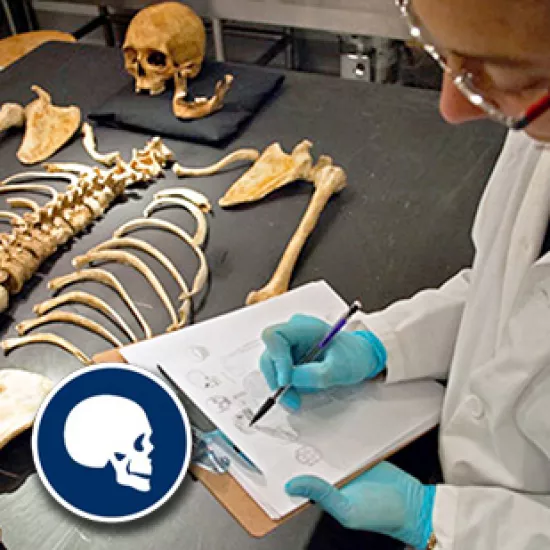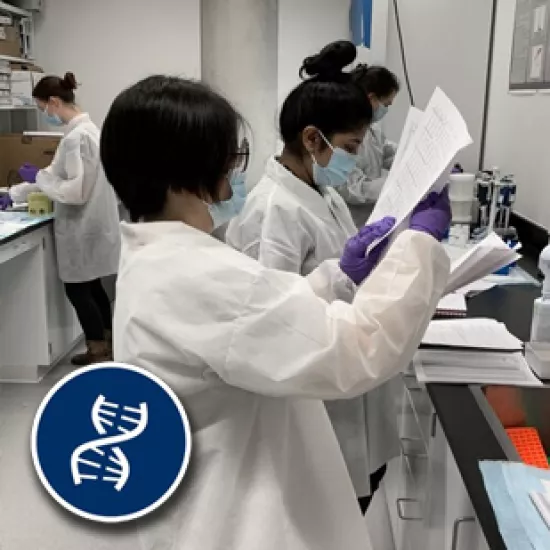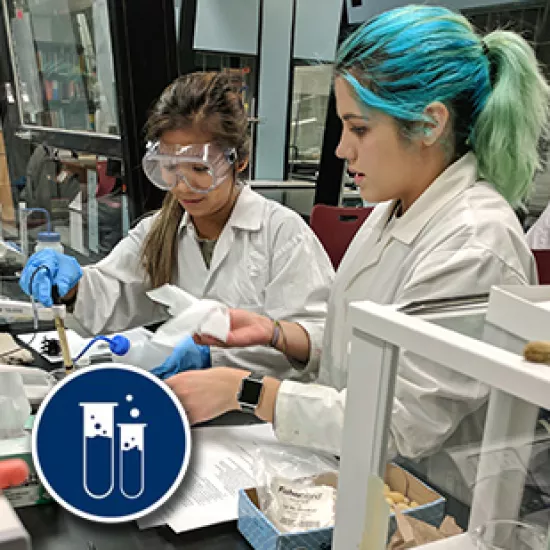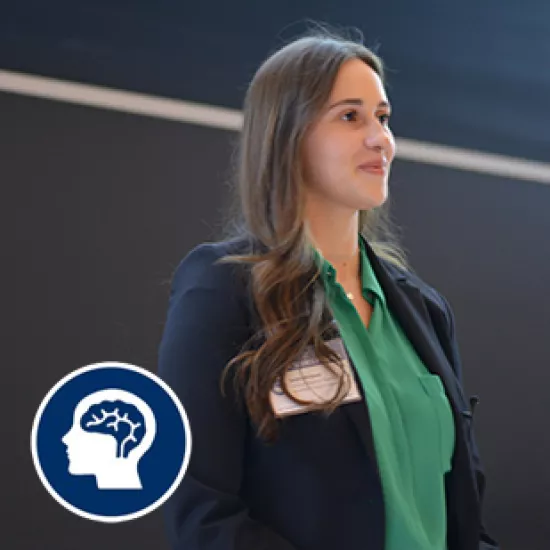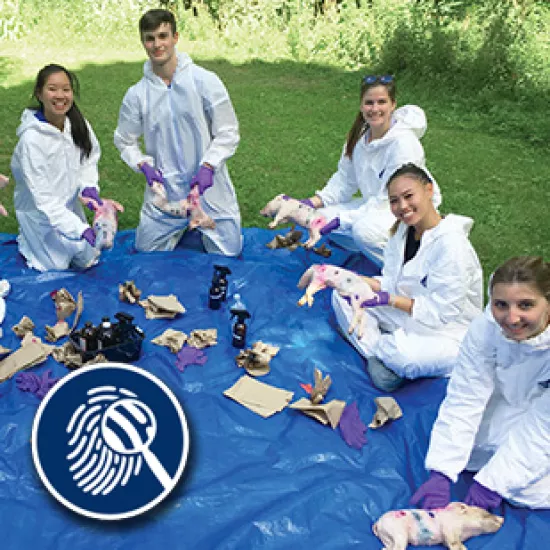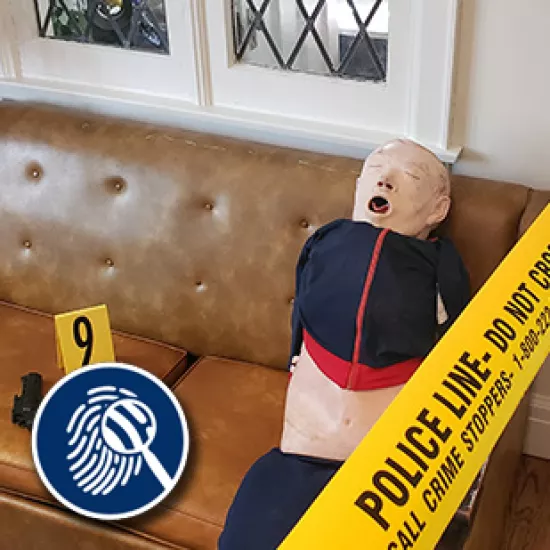
Forensic Science is a broad subject that encompasses many different fields of study, such as anthropology, biology, chemistry, and psychology. One unifying theme is the application of such fields to legal matters.
UTM hosts the oldest forensic science program in Canada. Throughout its development and growth, the Institute has made very important ties with forensic science institutions world-wide. Such agencies provide students with research and work experience; valuable tools that not only emphasize the learning experience but also help students develop their curriculum vitae in their undergraduate career.
Our Mission
As Canada's first academic Forensic Science program, the Institute of Forensic Sciences set the standards for all subsequent Canadian forensic programs that flourished in the wake of the CSI phenomenon. Our vision for the future is to continue our pioneering role in this country and to extend our influence abroad.
In addition to providing a strong scientific foundation for our students, the UTM Institute of Forensic Sciences is leading the field in the visualization of scientific evidence. Capturing, archiving, analysing, interpreting, and demonstrating crime scene evidence can be facilitated with imaging technology and incorporated into daily practice by forensic professionals.
The Institute of Forensic Sciences is uniquely suited to offer this innovative approach to forensic science instruction through our collaborations with agencies and institutions such as the Centre of Forensic Sciences in Toronto; the Ontario Forensic Pathology Services; York, Peel, Halton, and Toronto Police Services; the Royal Canadian Mounted Police, and more!
Why choose the University of Toronto Mississauga for Forensic Science?
Courses are taught by professionals who bring their own expertise and unique field experience to the classroom. Our faculty consists of highly trained individuals; for example:
- Dr. Tracy Rogers, Director of the Forensic Science Program, was the lead forensic anthropologist at the Pickton pig farm in BC, which is perhaps Canada's largest crime scene. Many UTM forensic science students helped recover materials at that site. Dr. Rogers is also a forensic anthropology consultant for the Ontario Forensic Pathology Service, Office of the Chief Coroner of Ontario.
- Caitlin Pakosh is an Assistant Crown Attorney in Newmarket. Before joining the Ministry of the Attorney General, Caitlin opened her own criminal defense firm after working for several years at Innocence Canada as its Senior Staff Lawyer.
- Detective Constable Wade Knaap, a retired police officer with Toronto Police Services, Forensic Identification Unit, teaches our courses in forensic identification, and advanced identification field school.
For a full faculty list, please visit our Faculty & Staff pages to learn more.

